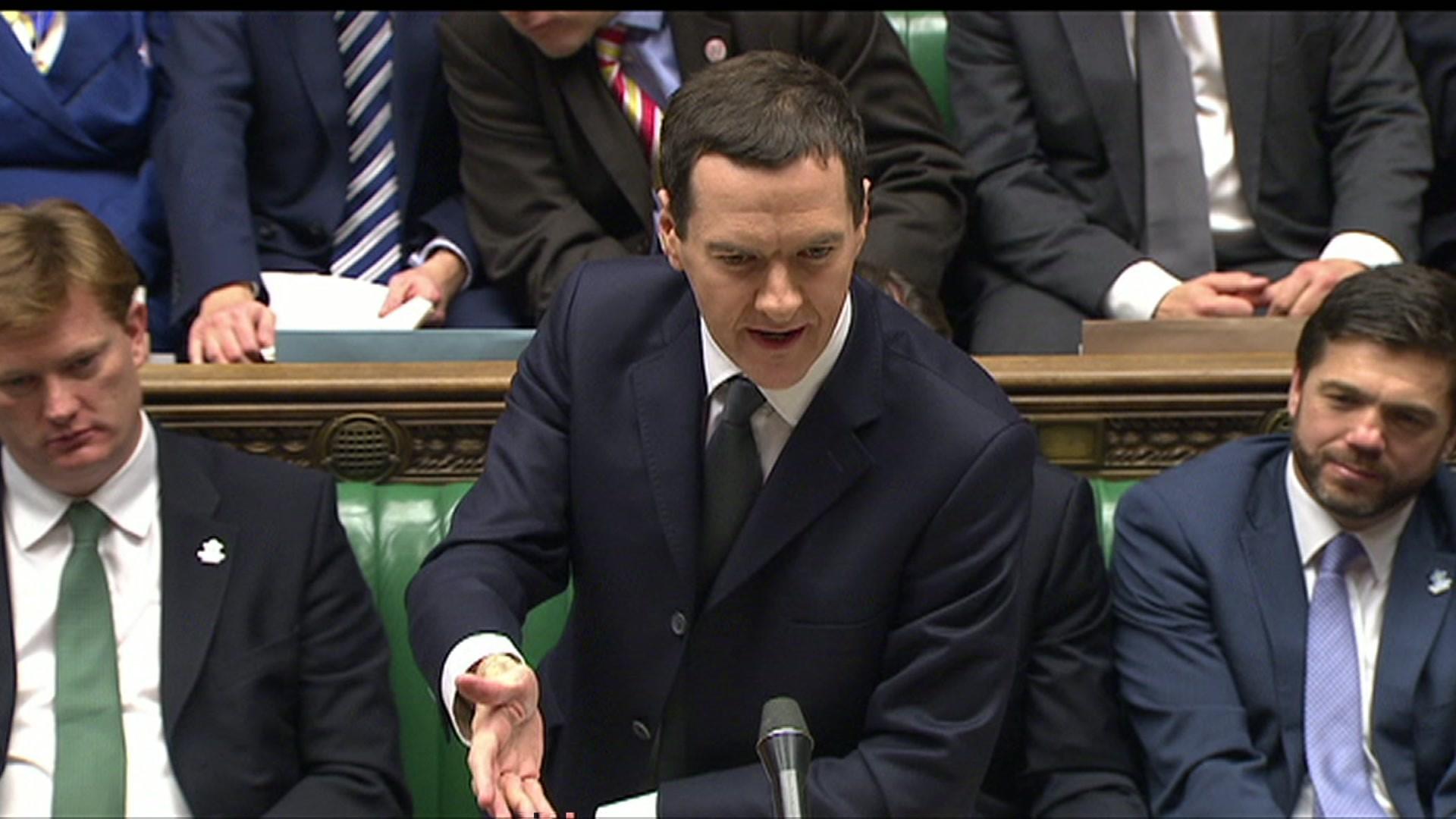New Scottish property tax rates cut
- Published
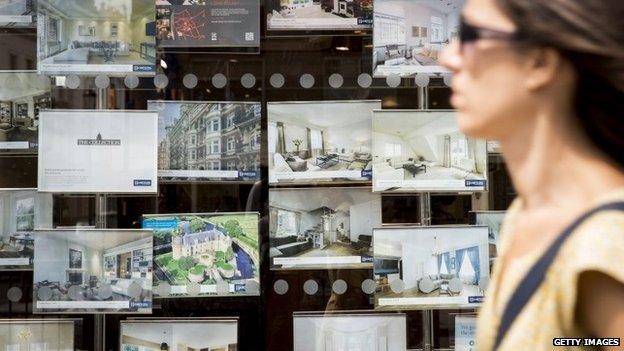
Scottish ministers announced plans to replace stamp duty with a new property tax
The proposed new tax rates on Scottish property purchases have been cut - although people buying the most expensive homes will have to pay more.
Deputy First Minister John Swinney said nobody would pay tax on properties costing less than £145,000, after raising the threshold.
He said a 12% marginal rate would now apply to people buying houses costing more than £750,000, rather than £1m.
Labour accused Mr Swinney of "making the fastest U-turn in history".
The deputy first minister told parliament the new tax, which replaces stamp duty from April, was proportionate and based on the ability to pay.
His original plans, announced last October, raised the threshold for paying tax on a home from £125,000 under stamp duty to £135,000, with rates ranging from 2% up to 12% on the portion of any price above £1m.
Chancellor George Osborne has since introduced a new system for the rest of the UK, resulting in properties at the higher end of the market attracting a lower rate of tax than the proposed Scottish system.
Mr Swinney told parliament his revisions to the Land and Building Transaction Tax, external meant half of all household purchases would be tax-free, while more than 40,000 buyers would pay less.
He said: "The measures I am proposing today send a very clear message.
"This government has put fairness, equity and the ability to pay at the very heart of the decisions that we have taken."
But Labour's Jackie Baillie, said: "Having announced his intentions at the tail end of last year to make this a fair and progressive tax, it took John Swinney just 100 days to change his mind.
"That must be the fastest U-turn in history."
Conservative finance spokesman Gavin Brown welcomed some of the changes, but expressed concern at the 10% marginal rate on properties costing between £325,000 and £750,000.
He added: "It's still a tax on aspiration to a degree - to a lesser degree than it would have been - the crossover point is a little bit higher than it was in October, but we still think there is scope to push that up further."
The new property charge will mark the first time the Scottish Parliament has levied taxation since the Union in 1707, made possible after gaining new financial powers.
The rate changes were announced as MSPs debated the Scottish government's budget plans for the year ahead, external, worth more than £30bn.
Parliament backed the spending proposals in principle.
- Published21 January 2015
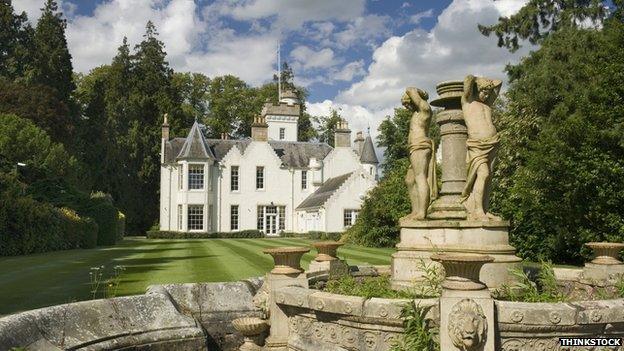
- Published19 January 2015
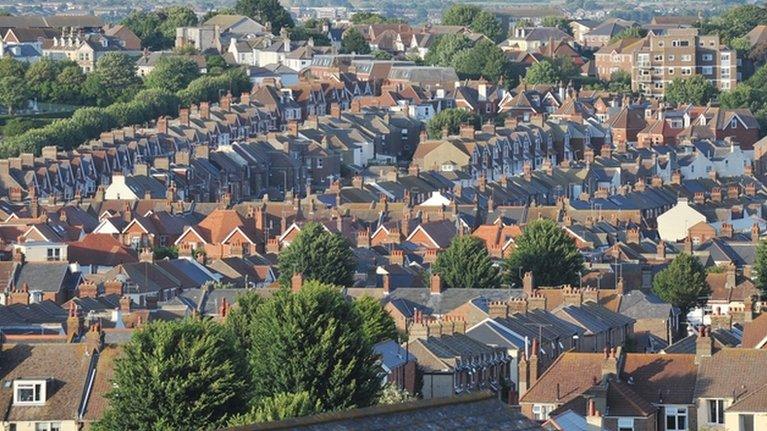
- Published18 December 2014
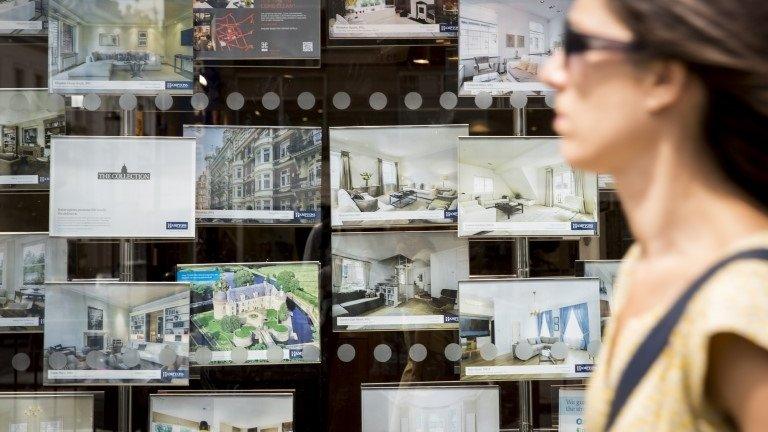
- Published3 December 2014
